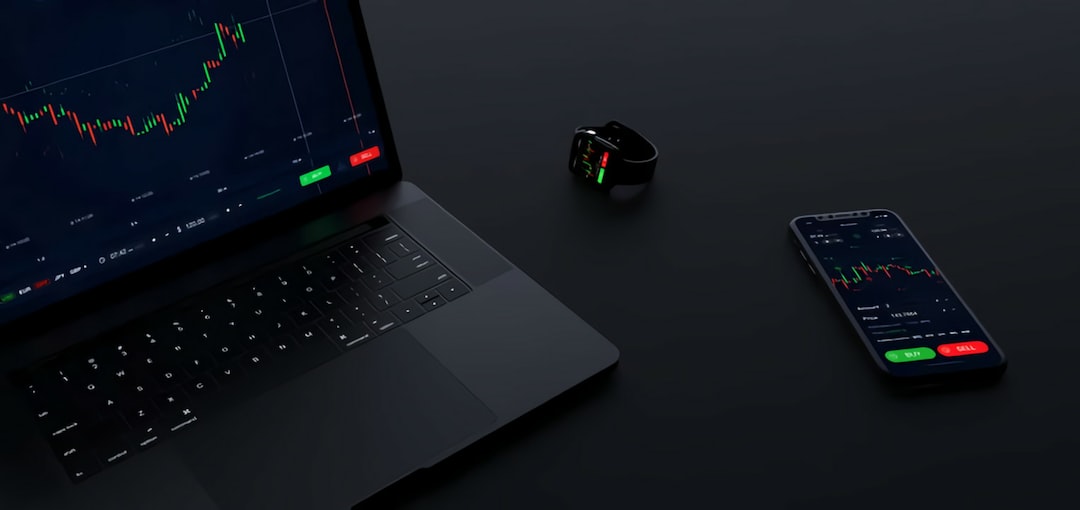
While technical skills and market knowledge are essential in forex trading, a trader’s psychological mindset often plays the most critical role in determining long-term success. The ability to manage emotions, maintain discipline, and stay consistent under pressure is what separates successful Forex Trading from the rest. Understanding trading psychology helps individuals approach the market with clarity and confidence, reducing the risk of impulsive decisions.
Emotional Discipline is Key
The forex market is fast-paced and unpredictable. Prices can swing sharply in a matter of minutes, testing even the most experienced traders. Without emotional control, traders can easily fall into common traps such as fear, greed, revenge trading, or overconfidence.
Fear often leads to hesitation or premature exits. For instance, a trader may close a position too early, fearing a reversal, and miss out on potential profits. Greed, on the other hand, can result in holding onto trades too long, hoping for more gains, only to watch profits disappear. Successful traders learn to manage both emotions by sticking to their trading plans and avoiding emotional reactions.
Developing a Trader’s Mindset
Building a strong mental framework starts with accepting that losses are part of trading. Even the best strategies experience drawdowns. Instead of viewing losses as failures, professional traders see them as opportunities to learn and improve.
Confidence, not arrogance, is another important trait. Confident traders trust their analysis and strategy but remain humble enough to adapt when the market behaves unexpectedly. This balance enables better decision-making and reduces the likelihood of overtrading or chasing losses.
The Importance of Patience and Consistency
Forex trading is not about finding one big win—it’s about steady performance over time. Patience allows traders to wait for high-probability setups instead of forcing trades out of boredom or frustration. Consistency in applying rules, risk management, and analysis methods helps create a reliable trading routine.
Rushing into trades or constantly switching strategies due to short-term results often leads to erratic outcomes. A disciplined approach, supported by a well-defined trading plan, fosters long-term growth and psychological stability.
The Role of Self-Awareness
Self-awareness allows traders to recognize emotional patterns and behavioral tendencies. By identifying triggers—such as the urge to double down after a loss or the excitement following a big win—traders can develop strategies to manage them. Maintaining a trading journal is a helpful tool for tracking emotions, thoughts, and actions alongside trade outcomes.
This reflective practice encourages growth, reveals strengths and weaknesses, and enhances overall performance.
Staying Mentally Prepared
Staying mentally sharp requires physical and emotional well-being. Getting enough rest, taking breaks from the screen, and maintaining a healthy lifestyle contribute to better focus and decision-making. Traders should also avoid trading under stress or distraction, as this can compromise judgment.
Conclusion
The psychology behind successful forex trading is about more than just staying calm—it’s about cultivating the mindset of a disciplined, patient, and self-aware decision-maker. Mastering the emotional side of trading takes time and experience, but it’s a vital component of consistent success. When paired with sound strategy and risk management, strong trading psychology becomes a powerful advantage in the forex market.
